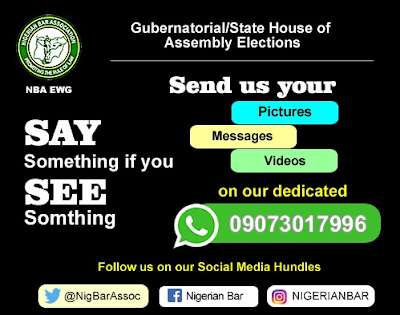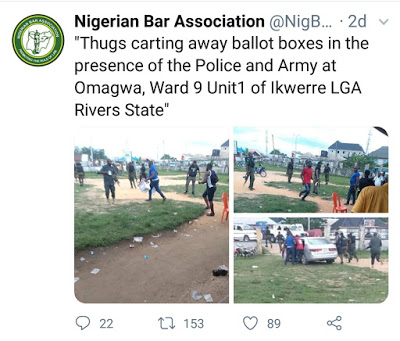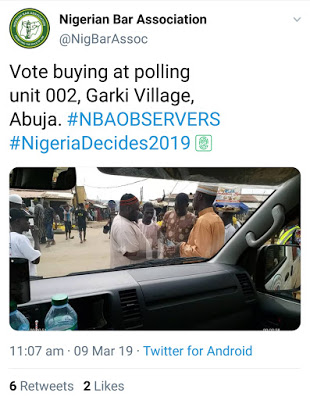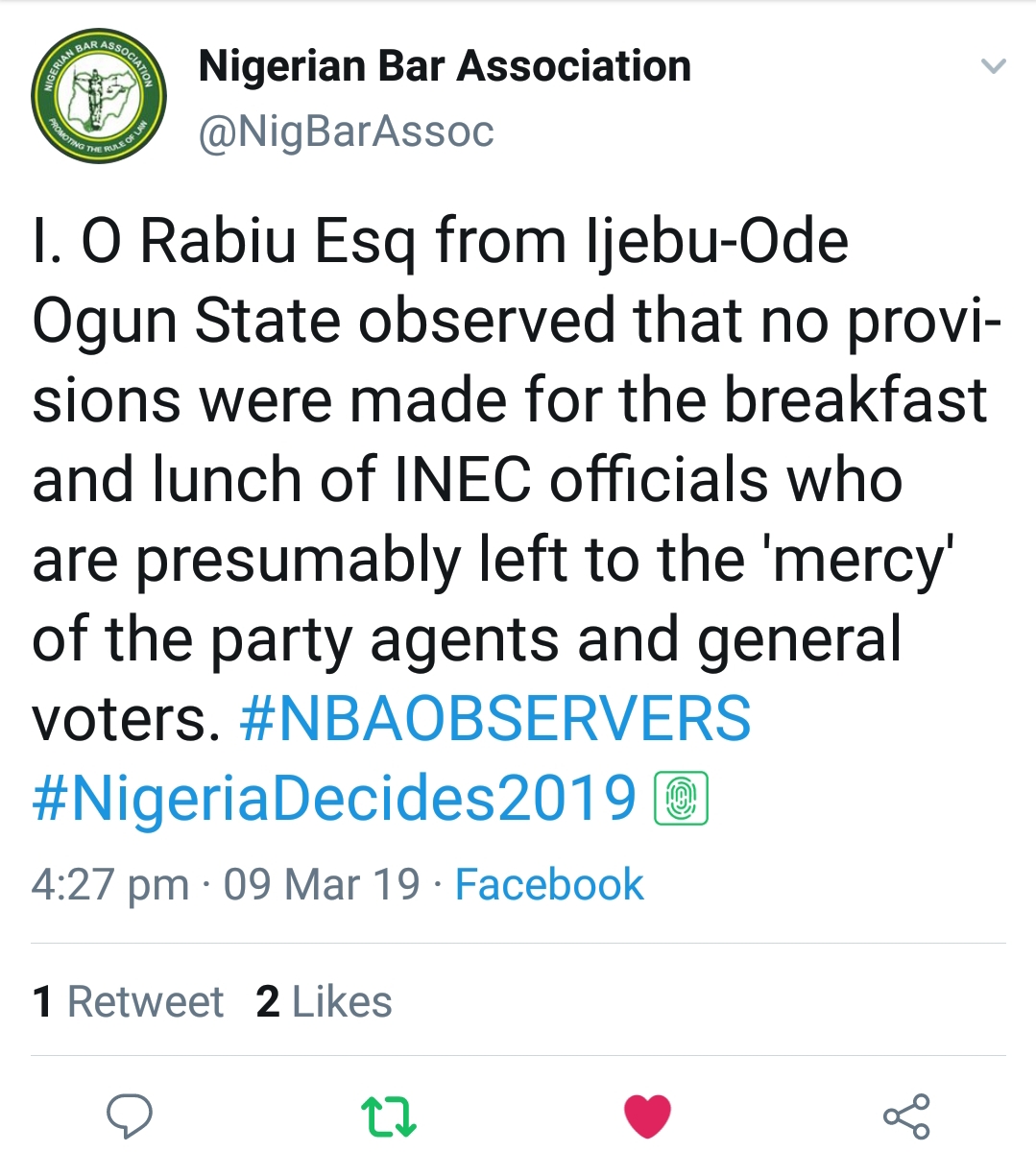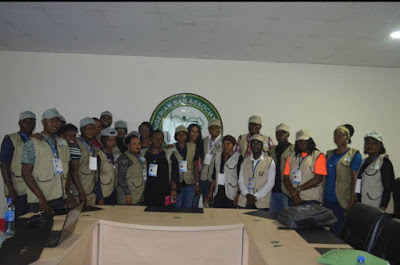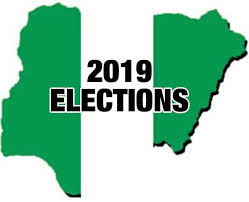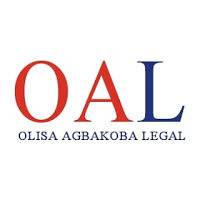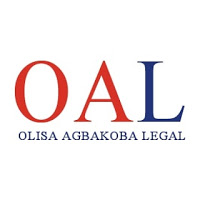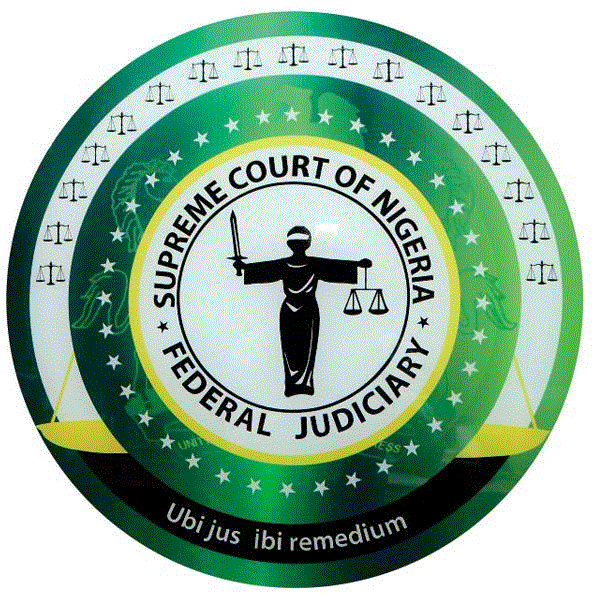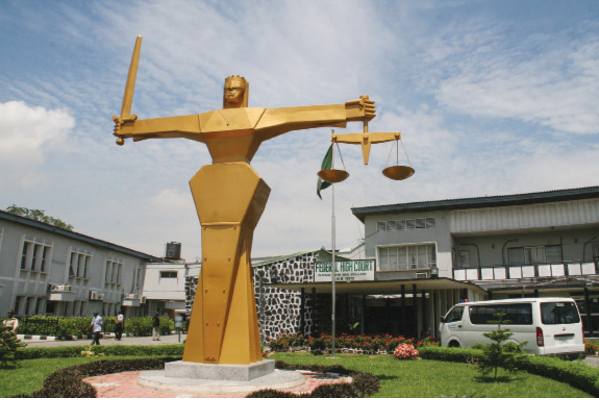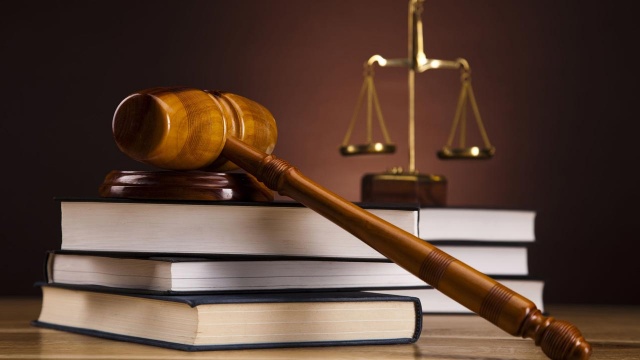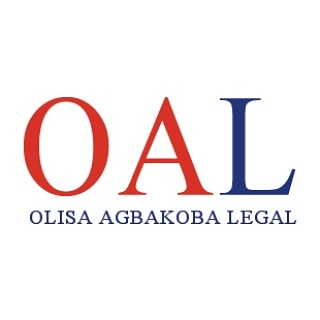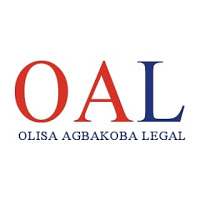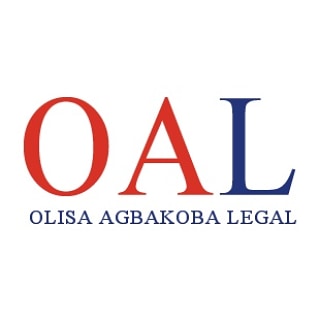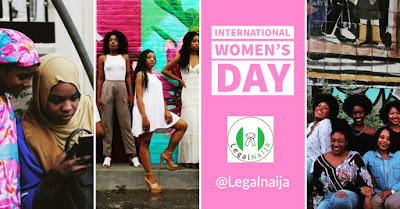Preamble
The Independent National
Electoral Commission (“INEC”) on Saturday, March 9, 2019 conducted
Gubernatorial Elections in twenty-nine (29) States of the Federation and also
conducted elections into the Houses of Assembly of all the thirty-six (36)
States of the Federation. Chairmanship and Councillorship elections for all the
six Area Councils in Abuja, Federal Capital Territory (FCT) also took place.
The Elections were initially slated for March 2, 2019 but were postponed at the
instance of INEC by one week.
The 125 (one hundred and
twenty-five) branches of NBA deployed observers to the areas covered by the
respective branches. NBA-EWG also utilized every lawyer who visited any of the
polling units as an observer. Thus, the NBA-EWG received reports from its
member-observers through its Toll-free line and other social media platforms.
In appropriate cases, these reports were accompanied with photographic
images and or videos. Critically, the NBA-EWG situation room made several
telephone calls to its members who were in the field in order to authenticate
reports received regarding incidents of violence, intimidation or threatened
acts of violence.
In the light of observations
of the members of the NBA Observation teams as well as reports received, the
NBA-EWG reports as follows:
DEPLOYMENT OF ELECTION
OFFICIALS AND MATERIALS FOR THE ELECTIONS.
INEC deployed ad- hoc Staff
who were trained to conduct the various elections in their respective polling
units across the country. From available statistics, a total of 2,763,990
ad-hoc Staff, mostly Youth Corps members, were deployed as Polling Officers or
Assistant Polling Officers. There were reports of incomplete ballot materials
in Orlu, Imo State which necessitated the return to INEC offices by INEC
officials. In Ibadan North West LGA of Oyo State, ad hoc staff did not show up
at polling units for fear of being attacked. These ad-hoc staff were later
replaced.
In some places in Rivers
State, blockade by security forces known as Joint Task Force (JTF) and lack of
security details assigned to INEC staff hindered timely and safe deployment of
staff and electoral materials.
COMMENCEMENT OF THE
ELECTORAL PROCESS
The NBA-EWG notes that INEC
comprehensively tackled the lapses associated with deployment of electoral
materials in the February 26, 2019 elections. This time, elections started on
schedule in most polling stations as both materials and personnel responsible
for conducting the elections arrived on time.
There were reports of ad-hoc
staff (Corp members) in parts of Lagos refusing to kick-start accreditation and
voting on account of unpaid allowances.
The NBA-EWG notes that in
Owerri, Imo State, for example, INEC officials yet again conducted the
elections using photocopies of approved ballot papers at the Government House
polling units. In polling units where voters complained about this unwholesome
practice, the INEC officials rebuffed them and proceeded to conduct the
elections in that manner.
SMART CARD READERS
The complaints about
malfunctioning card readers or card readers that did not or could not recognize
voters’ finger-prints were greatly reduced.
It was worrisome that in a
few Polling Units (“PU”) there were reported cases of card readers’
malfunctioning and no back-up plans were put in place by INEC.
We received reports from
Bauchi LGA, Bauchi State about manual accreditation of voters even though the
card readers presented no issue. This is rather curious or instructive given
the earlier announcement by INEC that the use of card readers for the elections
was compulsory.
VOTERS TURN-OUT:
The feedback from the
various observers across the country showed that the voters’ turnout was
noticeably low. Persons interviewed by our observers expressed lack of
confidence in the electoral process and unwillingness to participate in the
process as they believed that their votes would not count. The extremely low
voter turnout witnessed at the polling units was such that there were no queues
and, as such,
the accreditation and voting
processes were rather fast. Voters simply walked in, voted and left.
Our earlier observation
about voters in many polling units helping to organise themselves by writing
their names on sheets of paper so as to ensure orderly and seamless conduct of
the accreditation and voting processes during the Presidential/National
Assembly election was totally absent this time. This was no doubt attributable
to the absence of crowds at polling stations on account of the very low voter
turn-out.
In polling units observed,
there were insignificant turnouts of senior citizens, women and persons with
disabilities.
VOTE-BUYING
The political parties had a
field day inducing voters with money, food items, soaps and various other items
to vote for their parties’ candidates. These acts of inducement right before
security agents within the voting precincts has the propensity to destroy the
citizens’ confidence in the entire election process. Specifically, this was
observed in Kano, Abuja FCT, Lagos, Bayelsa, Anambra, Imo, Akwa Ibom, Oyo and
Kwara States.
ELECTORAL VIOLENCE
There were several reports
of electoral violence from all over the country. Party thugs and hoodlums had a
field day invading voting centers to snatch polling materials, destroy voting
materials, harass, molest and intimidate voters and, in some instances, INEC
officials. Suspected political thugs, accompanied by security operatives
particularly officers and men of the Nigerian Army, hijacked materials,
destroyed materials, harassed, interfered with the voting
processes, prevented the counting of votes at some voting centers,
hindered voting, intimidated and prevented some people from voting, chased away
some party agents and observers from polling units and collation
centers, For instance, in Polling Units 5, 6 and 7, of Ward 4 in Ogbomosho
South Local Government Area of Oyo State, political thugs forced voters to show
their ballot papers after voting before depositing same in the ballot boxes.
In Abia, Kogi, Ebonyi,
Rivers, Akwa Ibom, Imo, Katsina, Osun (Ile Ife, East and Central) Sokoto, Kano
and Benue states, the elections were marred by violence.
In Abia State, armed thugs
invaded and unleashed violence at Ekiri Elu Central School, Aram Umuahia,
forcing the INEC ad-hoc staff to abandon the election and run into private
residences for safety.
Armed men stormed some
polling units in Imo State and snatched election materials. In Ganaga/Township,
PU: 09, Ajaokuta LGA, Kogi State, persons believed to be political thugs, aided
by some security operatives, disrupted the counting process at the PU and
destroyed both the ballot boxes and papers. In Polling Units 04 and 07, Kuchi
Ward, Kebbe LGA of Sokoto State, voting was disrupted by thugs who attacked the
polling unit and beat up both INEC and police officers.
In Kaura Namoda, Kyam Baruwa
Ward, violent scuffle among party agents led to the destruction of election
materials and an attempt on the lives of some security personnel.
In Ile Ife east and Ife
Central of Osun State, there was intimidation of voters by thugs and security
agents. Voters were also compelled to vote for a particular political party and
those who refused were prevented from voting.
The outbreak of violence in
Oba Akoko in Akoko South West Local Government Area of Ondo State forced the
state government to impose a curfew on the community. It was reported that no
fewer than two persons lost their lives when security agents and some political
thugs engaged in a shootout consequent upon the attempt by the security agents
to prevent the thugs from gaining entrance into the collation centre in the
town.
In Akwa Ibom and Rivers
States, political thugs accompanied by Nigerian Army officers, reportedly
highjacked materials. In Rivers State in particular, a policeman and three
others persons were reportedly killed by gunmen while a chieftain of a
political party, Mrs. Emilia Nte, was reportedly kidnapped. Ballot box
snatching, destruction of voting materials, prevention of vote count at polling
units, prevention of party agents and observers from accessing collation
centers, vote-buying etc were rife in these two States.
These acts of election
violence and malpractice led to deaths in Ondo, Akwa Ibom, Rivers, Enugu and
Ebonyi States. The development discouraged voters from casting their votes as
many either refused to come out to vote or returned to their various homes
after initially coming out to vote.
In parts of Imo State, party
agents reportedly forced voters to vote for particular candidates.
Five (5) cartons of ballot
papers meant for governorship election were intercepted by security agents on
election duty at Giginyu Ward of Kano state. A female NYSC member and some
others persons were reportedly arrested.
In Katsina, Katsina State,
gunmen reportedly killed security officers and abducted INEC’s staff.
Surprising in most places
where these dreadful acts were recorded or reported, security agents were
either complicit or indifferent. Yet again Rivers, Akwa Ibom and Kogi states
ranked high in this regard.
Additionally, the NBA-EWG
situation room was inundated with widespread reports confirming the
manipulation of election processes by INEC officials coerced or aided by party
thugs and security agents.
Despite the presence of
security men mounting road blocks and checks across the country, there were
reported cases of political thugs moving freely around polling units and
disrupting the election process thus making it compelling to ask a lot of
question about how the thugs were able to access polling units and collation
centres to the extent of carting away polling materials or freely burning and
destroying electoral materials. Some electoral officials and voters were
assaulted.
There were credible reports
of harassment, intimidation and killings which called for serious security
concern and put the credibility of the entire process in issue. The specific
incidents noted here are by no means exhaustive.
SECRECY OF THE VOTING
PROCESS
We observed that the
insufficient secrecy of the voting process contributed to intimidation of
voters, vote-buying etc. As we noted in our earlier report INEC booths did not
offer sufficient privacy to voters. Party agents and some other persons had
widespread, easy and unrestrained access to voting areas to either supervise
voting by coercing voters on who to vote for, forcing them not to vote for
candidates of their choice, or prying into how they were voting. The different
modes of the violation and or abuse of the voting process occurred nationwide.
Once again, the electoral officers and the security agents posted to the
voting areas made no effort to arrest the unwholesome practices that occurred
in this regard.
SECURITY ARRANGEMENTS
It was observed that police
personnel posted to voting centers generally arrived on time. It was however
observed that in some voting centers the number of police personnel posted
there was not commensurate with the large number of registered voters in the
centers. This did not constitute a problem as a result of the nationwide low turnout
of voters.
There were cases where
police personnel even though present were inattentive or indifferent to
apparent violations of electoral laws. In cases where there were infractions of
electoral laws or threats of violence or actual violence, it was observed that
the police personnel at those polling units stayed aloof and did nothing to
prevent or stem those infractions and/or acts of violence.
Policemen and Nigerian Army
personnel were in some places complicit in the snatching of voting materials,
ballot boxes, intimidation or voters as well as perpetration of various acts of
violence. In fact, at polling unit 006, Ward 12, Ogba/Egbema Ndoni in Rivers
State, it was reported that a policeman with Force number 442884 was seen
compromising the voting process by telling people which party to vote for.
INTIMIDATION OF OBERVERS AND
JOURNALISTS
There were reports of
security agents preventing observers and journalists from accessing polling
centers and or collation centres. Security agents reportedly prevented
observers from gaining access to some polling centers in Tsafe LGA of Zamfara
State. Also, Kunle Sanni, a Premium Times journalist was reportedly
abducted in Plateau State and forced to delete photos that he had taken from
his phone. He is believed to have been released. A TV reporter was also
reportedly beaten by security agents in Akwa Ibom State.
In Yobe State, soldiers
barred journalists from covering the election. All these acts occurred despite
INEC guidelines which make it clear that all accredited observers and
journalists have a right to access polling units and collation centers.
CONCLUSION:
This our 2nd interim report
may be followed by other interim reports, as deemed necessary and required by
the NBA-EWG. A detailed and final Report of all the Elections conducted by INEC
in 2019 will be published by the NBA specifically, after the release of all the
Elections results by INEC.
SIGNED.
Mazi Afam Osigwe, FCIArb.
(UK)
Chairman, NBA-EWG
March 9, 2019
